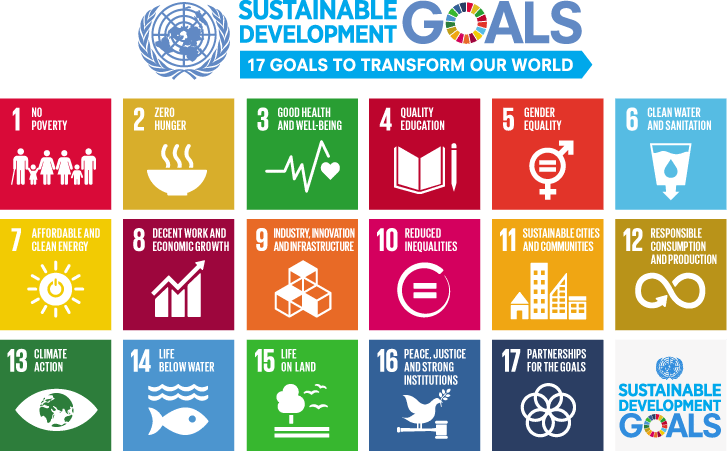It seems a bit impossible to truly be Future Ready. We do not know what the future holds. Now we are trying to prepare schools and our workforce for the unknown. Currently we are two decades into the 21st Century.
My search for a solution to the problems of the future left me with a series of big questions:
- What do you want the world to be?
- What do your friends want the world to be?
- What are the problems of today that are preventing your ideal future from happening?
- How do different systems in the world work together to impact the world? What does this look like closer to home?
- What are your current skills and interests?
- How can these skills be used to solve current problems?
- Which skills can you develop to solve these problems?
- How can we all work together to find solutions?
Mostly, how can the library help to bring the community together and provide the resources to learn? The real problem seems to be agreeing on a problem, the root cause(s), and a solution. One person can agree with themselves, but one person cannot change the world in a bubble.
Here’s a fun fact: the United Nations built a framework for their ideal world. This idealism appears in a neat infographic:

This is a nice starting point. But what does this mean for each individual? What about for the community as a whole? Which of these issues do people care about enough to take action? Here in Lincoln, NE, the Urban Development team is focused on reducing poverty, building sustainable communities, and creating decent work and economic growth for lower-income individuals, as seen in the Urban Development Team’s 5 Year Strategic Plan. That planning committee cares.
Are other people in the community aware of these goals? Do they have skill sets that can help? We know the problem, and there is a need. What makes people take action? How can the library raise awareness of this problem, find out how people can help, then provide tools and a platform to act?
Honestly, there is no universal solution to the problems of the world. These problems are systemic. One-shot programming makes people think. It does not change life-long habits. We are preparing for the 21st Century, not the 22nd. What causes long-term, positive change? What requires change?
I don’t post this because I have all the answers. I post this because I don’t. I post this because it is the only voice I have. I decided that if I’m going to use my voice for anything, I will try to say something that will have a positive impact on the world. That is a skill that will stand the test of time.

